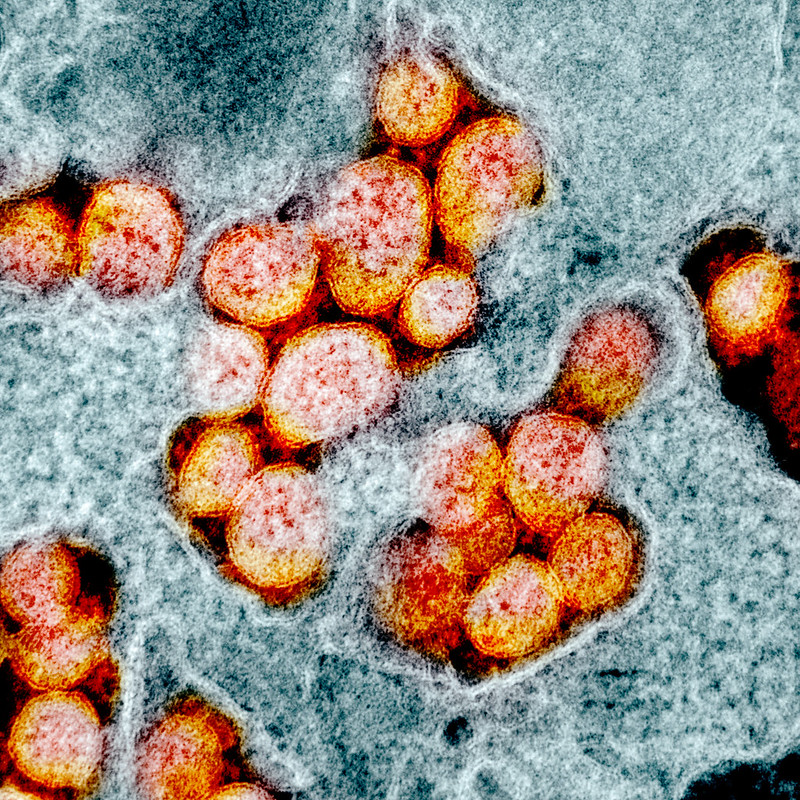EU orders 300 million doses of BioNTech/Pfizer's COVID-19 vaccine

The European Union has ordered 300 million doses of BioNTech/Pfizer’s COVID-19 vaccine following this week's landmark announcement that it was effective in more than 90% of patients.
The companies said deliveries of an initial order of 200 million vaccines will be subject to approval by European regulators and are expected to start by the end of this year. There is an option for a further 100 million doses.
The vaccine supply for the EU will be produced by BioNTech’s manufacturing sites in Germany and Pfizer’s manufacturing site in Belgium and based on current projections, the companies expect to produce globally up to 1.3 billion doses in 2021.
Regulators sitting on the European Medicines Agency’s CHMP scientific committee have already begun a rolling review of the vaccine, which will accelerate the process as they will be able to study trial results as they are made available.
Vaccine doses for Europe will be produced in BioNTech’s German manufacturing sites, as well as in Pfizer’s manufacturing site in Belgium. If the BNT162b2 vaccine candidate receives approval from the European Medicines Agency (EMA), then doses will be ordered by the EU Member States who have elected to receive the vaccine as part of this agreement.
The Pfizer/BioNTech vaccine is based on mRNA, which instructs the body to produce the “Spike” protein on the surface of the SARS-CoV-2 coronavirus that causes COVID-19.
It does have one practical drawback as it must be stored at around -70C until the day it is used and there are already concerns this may make large scale vaccination schemes difficult.
The Independent reported that AstraZeneca’s rival vaccine, which is based on a viral vector and is also nearing the end of clinical development, could be easier to work with.
The AZ vaccine can be stored at fridge temperature, although there have been concerns about its safety after a late stage clinical trial was put on hold at the beginning of last month before resuming.
While Pfizer was keen to take the plaudits for developing a vaccine at speed from a standing start at the beginning of the year, it also faced uncomfortable questions about the conduct of its CEO Alfred Bourla.
It emerged that Bourla sold shares worth almost $5.6 million on Monday as part of a pre-planned sale on the day of the vaccine news release – which sent the company’s stock price soaring.
Feature image courtesy of Rocky Mountain Laboratories/NIH













